Environmental injustice and disability: Where is the research?
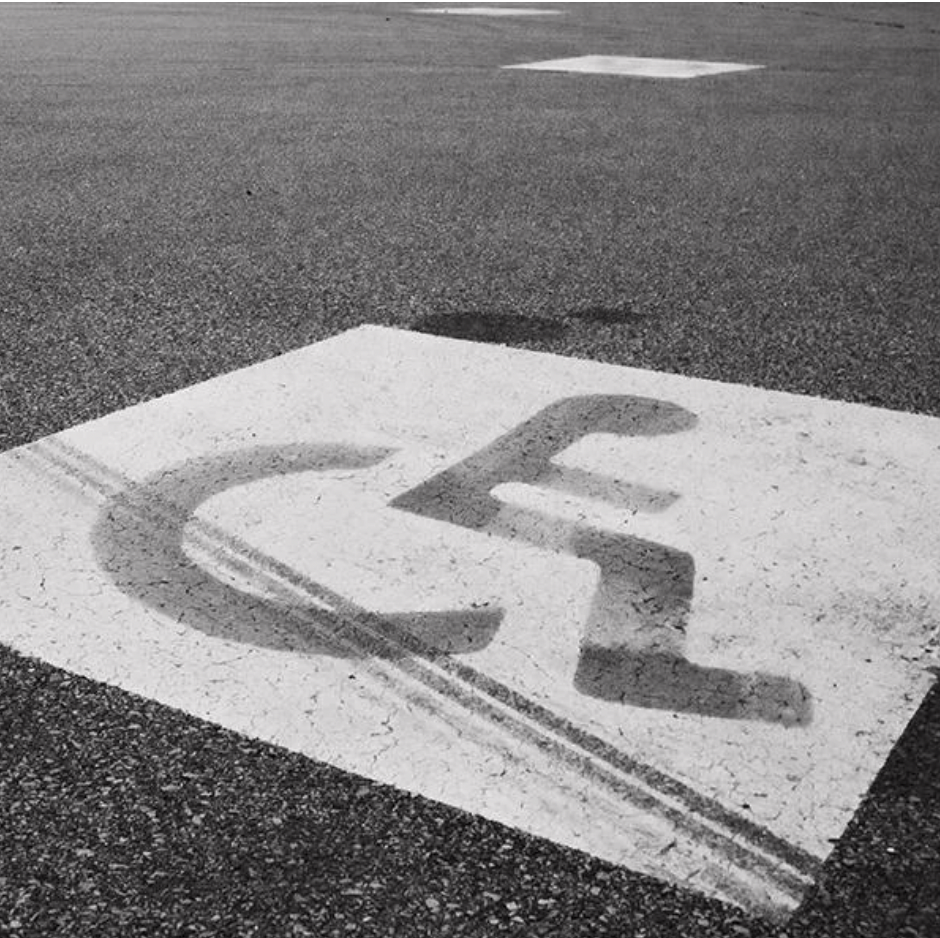
Due to a lack of data and understanding, the disabled community remains left out of most environmental justice research.
Putting people at the center of medicine, research, and policy
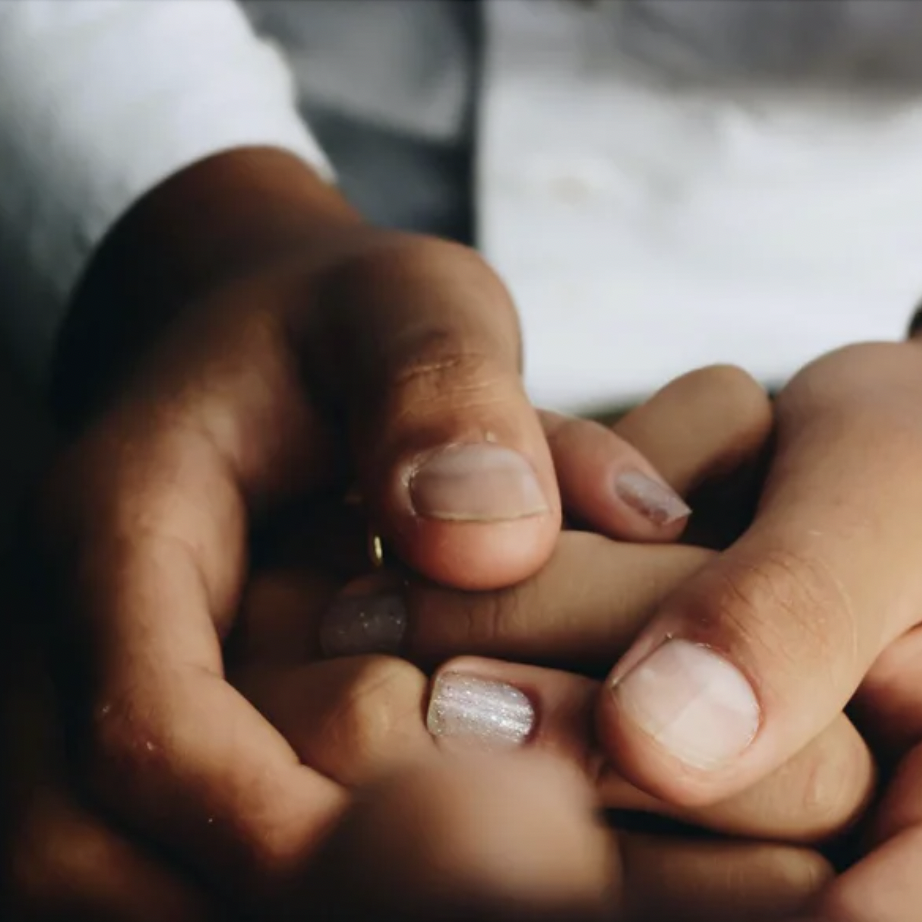
The most impactful healthcare and research keeps community service at its core.
My island does not want to be resilient. We want a reclamation.
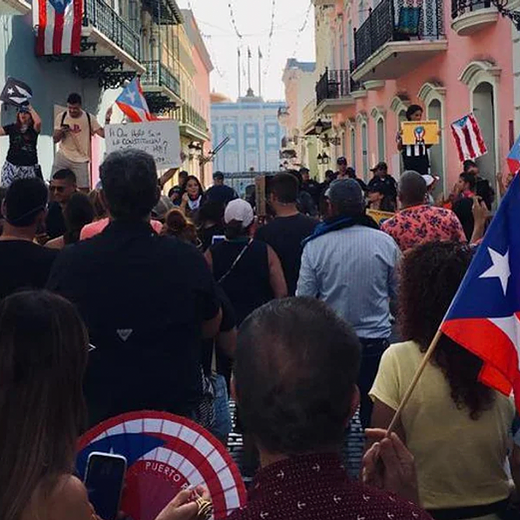
Unlearning academic jargon to understand and amplify beauty and power in Puerto Rico.
Helicopter science doesn’t work—environmental justice comes from empowered communities
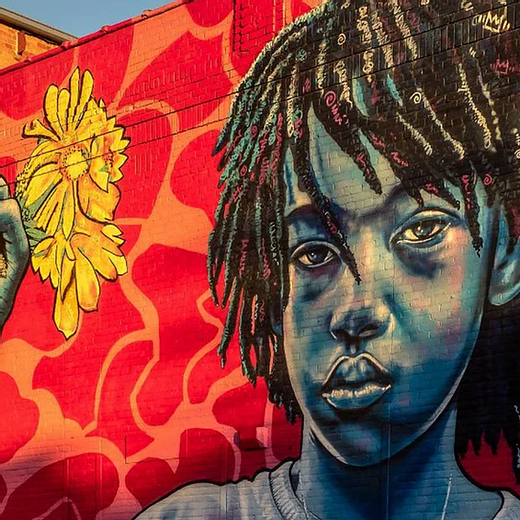
Researchers need to shift toward real community partnerships that emphasize sustainability and create opportunities for environmental change.
Is it up to consumers, businesses, or politicians to tackle toxics? All of the above.
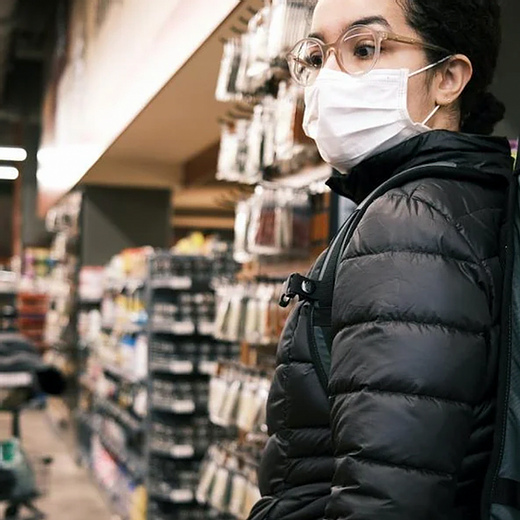
We all have a role to play in ridding our shelves of unhealthy products that are more likely to end up harming low-income families.
Black communities must lead the charge to repair harm from freeways
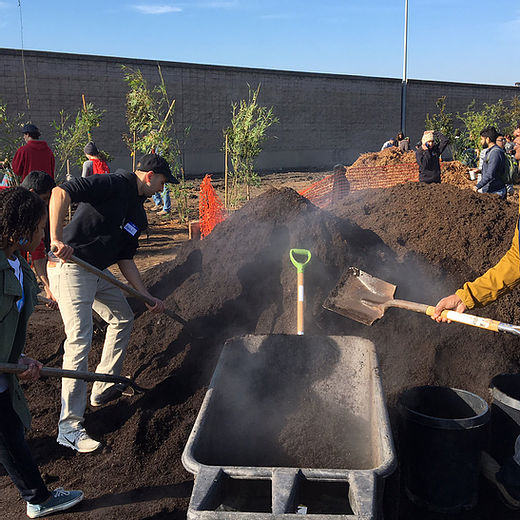
Electrification isn’t enough. Transportation justice requires a redistribution of power.
“Allow suffering to speak:” Treating the oppressive roots of illness
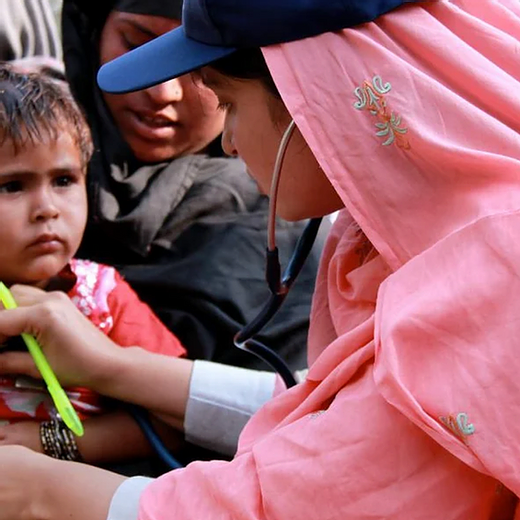
By connecting the dots between medical symptoms and patterns of injustice, we move from simply managing suffering to delivering a lasting cure.
Keep your Whole Foods gift card. We want systemic change.

Participants in public health research deserve answers, information, and respect.
Youth activism alone cannot save us: A case for intergenerational environmental coalitions
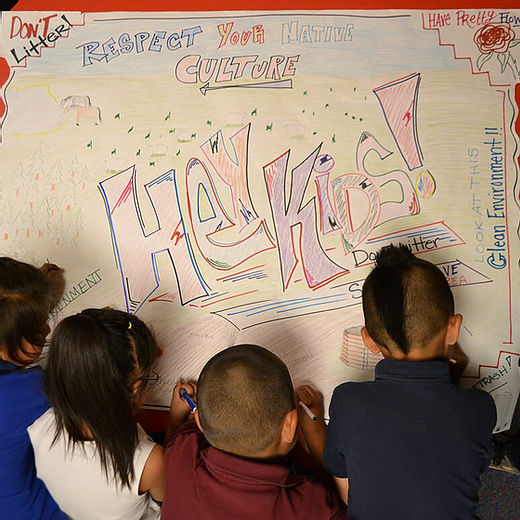
Youth environmental activism has moved us forward in many ways—but to maximize this impact we need coalitions that learn from the past in order to prepare for the future.
Striving for dignity in homelessness research and outreach
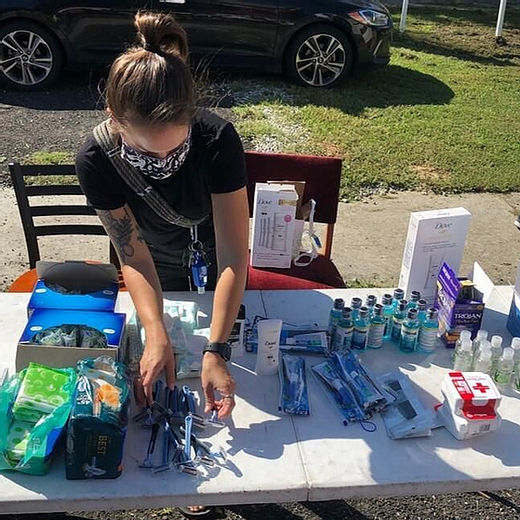
I was stigmatized as a queer female in rural Kentucky. My personal quest for equal rights now informs my push for a revamped public health approach to homelessness.
Health research and its problem with the “R” word
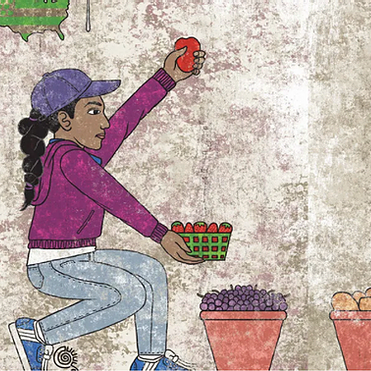
If the public health community is going to address injustice it must first fully acknowledge racism.
Hands on the land, heart in community
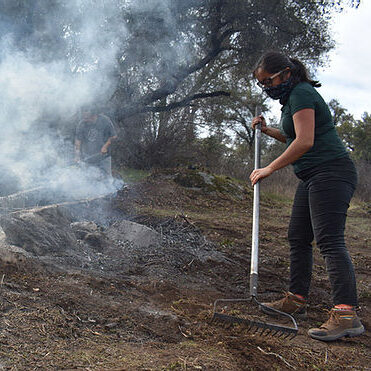
Returning cultural fires


